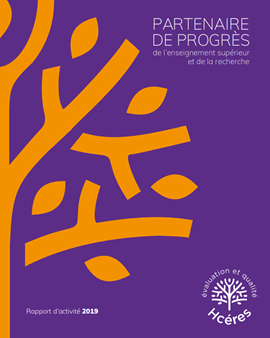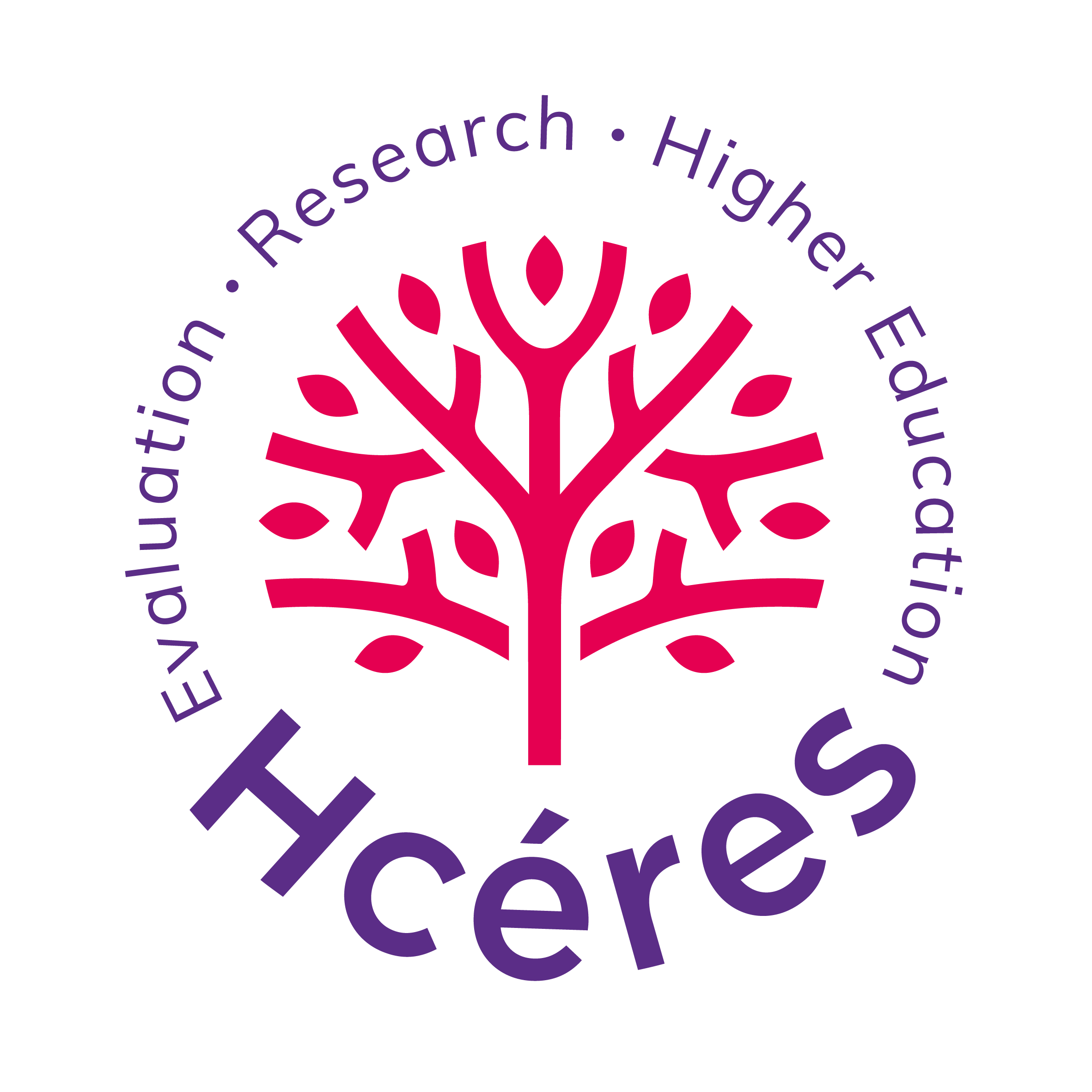Evaluation, Indicators and analyses, Research integrity, Europe
In 2019, Hcéres rose to meet new challenges
Published on
 "Hcéres must be a trusted third party", stresses Michel Cosnard in an interview outlining the main focuses of his term of office, which ended on a conference at which the higher education, research and innovation community was invited to define possible scenarios for the future of evaluation. The 2019 report contains even more testimonies from evaluated entities, experts and decision-makers, and reflects the trust the stakeholders place in Hcéres.
"Hcéres must be a trusted third party", stresses Michel Cosnard in an interview outlining the main focuses of his term of office, which ended on a conference at which the higher education, research and innovation community was invited to define possible scenarios for the future of evaluation. The 2019 report contains even more testimonies from evaluated entities, experts and decision-makers, and reflects the trust the stakeholders place in Hcéres.
In the difficult context of a prolonged transitional period in its governance, Hcéres has been proactive, maintaining the momentum of projects already launched while taking up new challenges with agility:
- integrating the new provisions of the Law on Student Guidance and Success and the ruling on Bachelor’s Degrees into the evaluation of study programmes;
- adjusting its methodology to the evaluation of items derived from the Investments for the Future Programme, such as the eight Technological Research Institutes (IRTs), in order to provide useful management instruments for government authorities;
- adapting evaluation processes to recent changes in the higher education, research and innovation landscape, which have led to significant diversification of institutional models;
- further exploring new ways of promoting evaluations;
- speeding up the simplification of evaluation procedures and the modernisation of the High Council, in particular its digital transformation.
The 2019 report also reflects Hcéres’ increased participation in the strategic thinking that is essential to the management of research, with the publication of the OST report, Dynamics of scientific production in the world, in Europe and in France, (2000-2016), and the rapid development of a national drive for research integrity supported by the OFIS, which is also strongly involved in several European programmes.
Finally, the 2019 report underlines Hcéres’ recognised expertise – in Europe and worldwide – with its increased involvement in cooperation projects and the constant growth in requests from foreign institutions. The successful first evaluation of a European research infrastructure, ECRIN, demonstrates Hcéres’ ability to export its expertise.
Over the coming months, "two major challenges are emerging with implications for the future of Hcéres," concludes Nelly Dupin, Secretary General and Acting President, in her editorial: the transformation of the High Council into an independent public authority, and the establishment of its new governance system, "which should certainly open up new opportunities for Hcéres."



